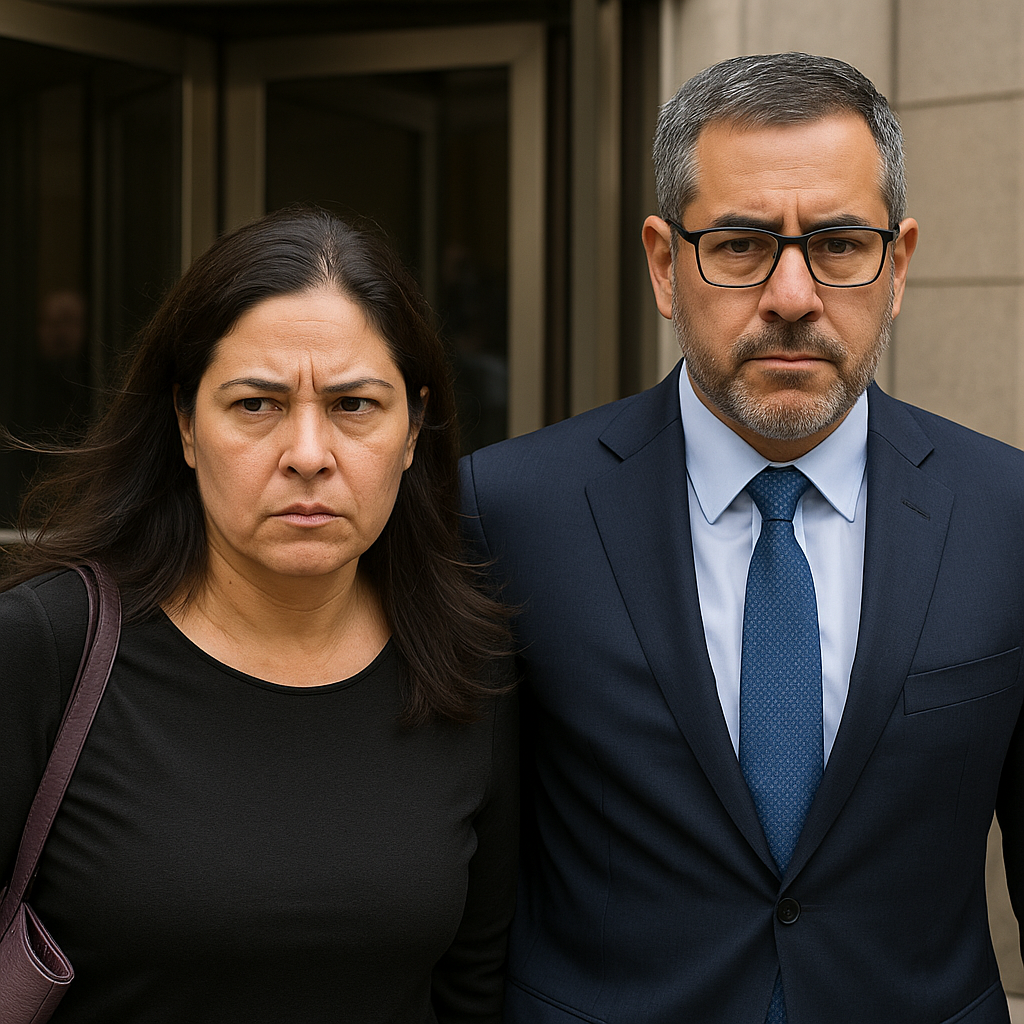In one of the largest healthcare fraud cases in recent U.S. history, an Arizona couple has pleaded guilty to orchestrating a massive $1.2 billion Medicare fraud scheme that spanned multiple states and involved thousands of false medical claims. The couple—48-year-old Andrea Perez and 52-year-old Richard Dominguez—ran a network of telemedicine companies that exploited the Medicare system by billing for services that were never provided or medically necessary.
According to the U.S. Department of Justice, Perez and Dominguez operated dozens of shell companies posing as legitimate healthcare providers. These businesses primarily targeted elderly Medicare recipients, often obtaining personal medical data through deceptive online health surveys or call centers disguised as health outreach programs. In many cases, patients were billed for expensive medical equipment—such as orthotic braces or genetic testing kits—they never requested, received, or needed.
The fraud scheme was enabled by a coordinated network of complicit doctors who were paid kickbacks to rubber-stamp medical orders without ever speaking to patients. Once approved, these fraudulent claims were submitted to Medicare for reimbursement, ultimately siphoning over a billion dollars from the federal healthcare system.
Court documents reveal that the couple used the illicit proceeds to fund a lavish lifestyle that included luxury homes in Scottsdale and Miami, multiple exotic cars, offshore accounts, and millions of dollars in cryptocurrency. Authorities were able to freeze more than $150 million in assets during the investigation.
“This level of greed is staggering,” said FBI Assistant Director Luis M. Quesada. “What makes it worse is that this fraud exploited some of the most vulnerable members of our society—all while eroding public trust in our healthcare system.”
Perez and Dominguez each face up to 25 years in federal prison. Sentencing is scheduled for later this year, and prosecutors have stated they will pursue the maximum penalty under the law.
The case is part of a broader federal crackdown on healthcare fraud, particularly involving telemedicine and durable medical equipment (DME). In recent years, federal agencies have stepped up investigations into so-called "phantom billing" operations that manipulate the system for profit while compromising patient safety.
With this case setting a new benchmark in scope and complexity, healthcare fraud enforcement is expected to intensify, especially in sectors that rely heavily on remote or digital patient interactions.

